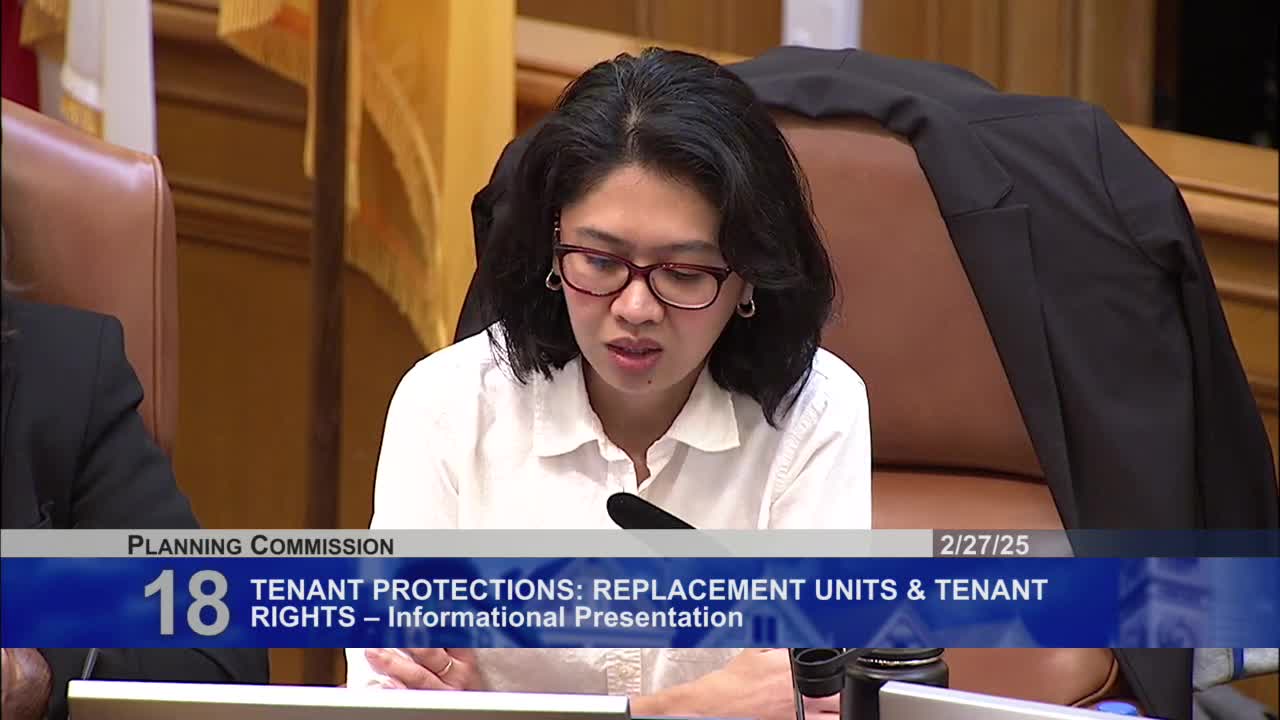Article not found
This article is no longer available. But don't worry—we've gathered other articles that discuss the same topic.
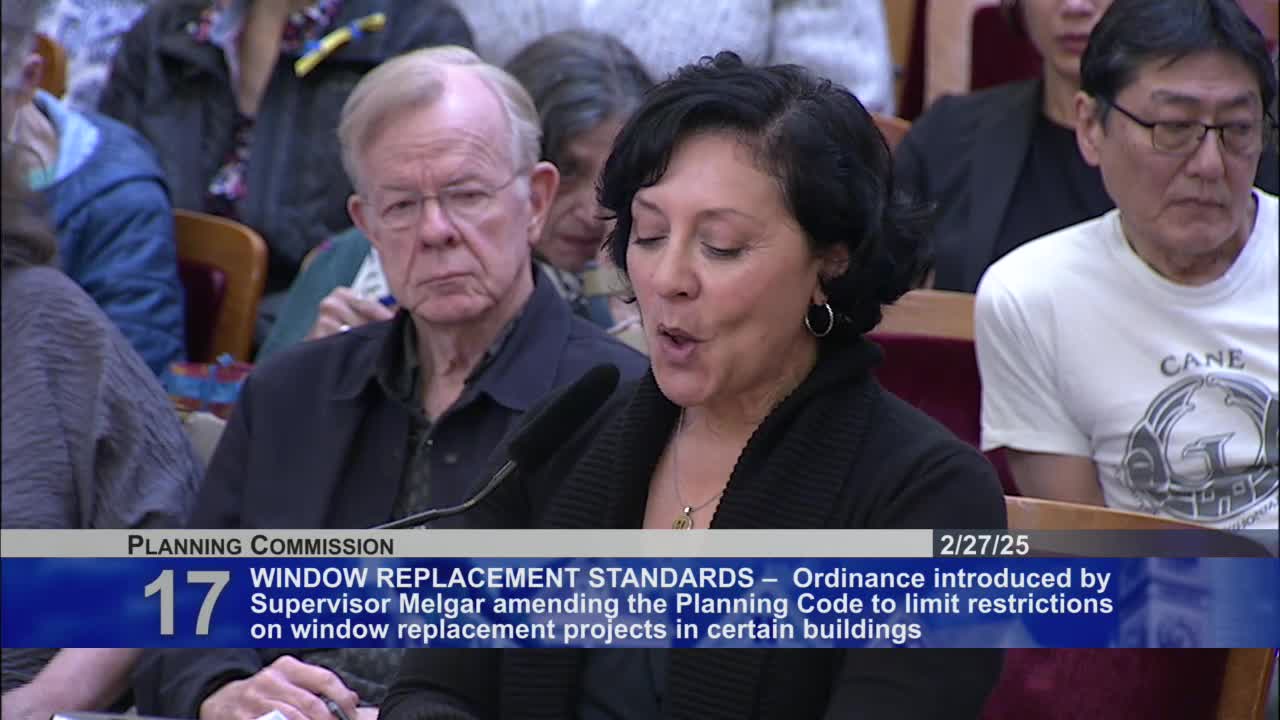
Planning Commission backs changes to window-replacement rules after debate over preservation and affordability
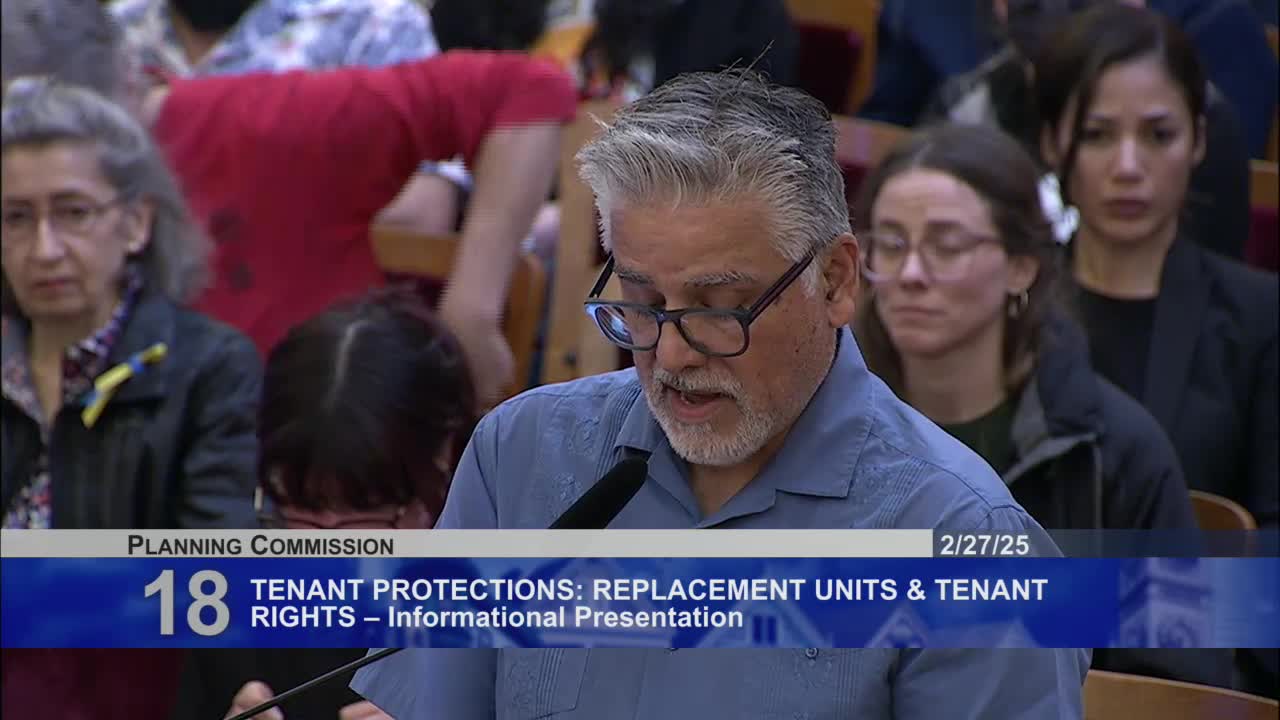
Planning staff summarizes 2024 state housing changes, updates planning director bulletins
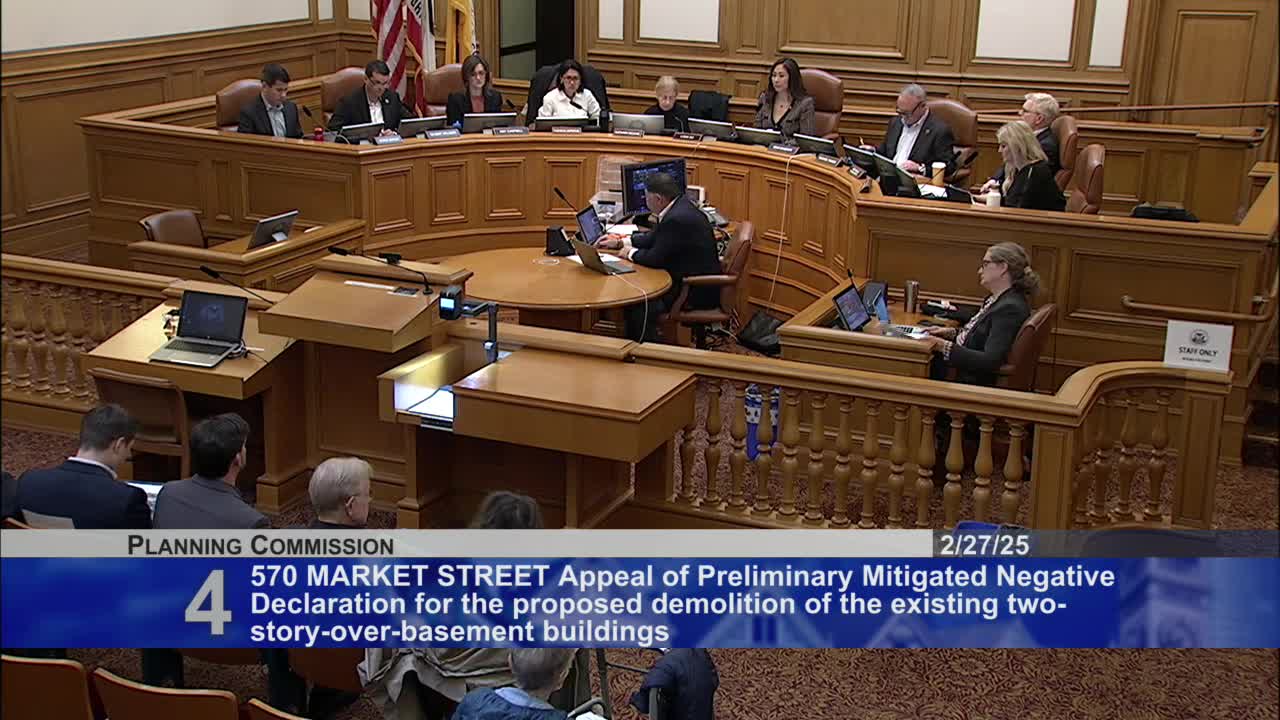
Commission delays hearings on proposed SRO-to-tourist-room conversions after neighborhood requests
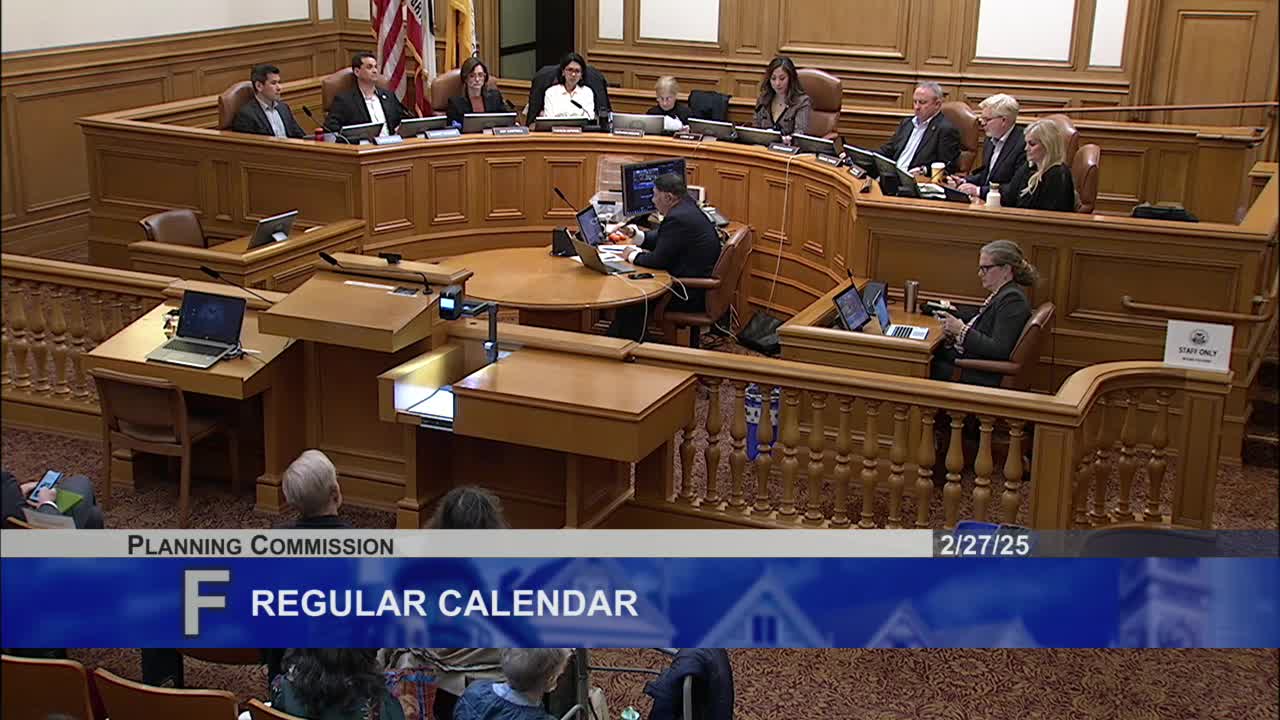
Commission approves Sutro Tower panel replacement after neighbors ask not to place item on consent calendar
